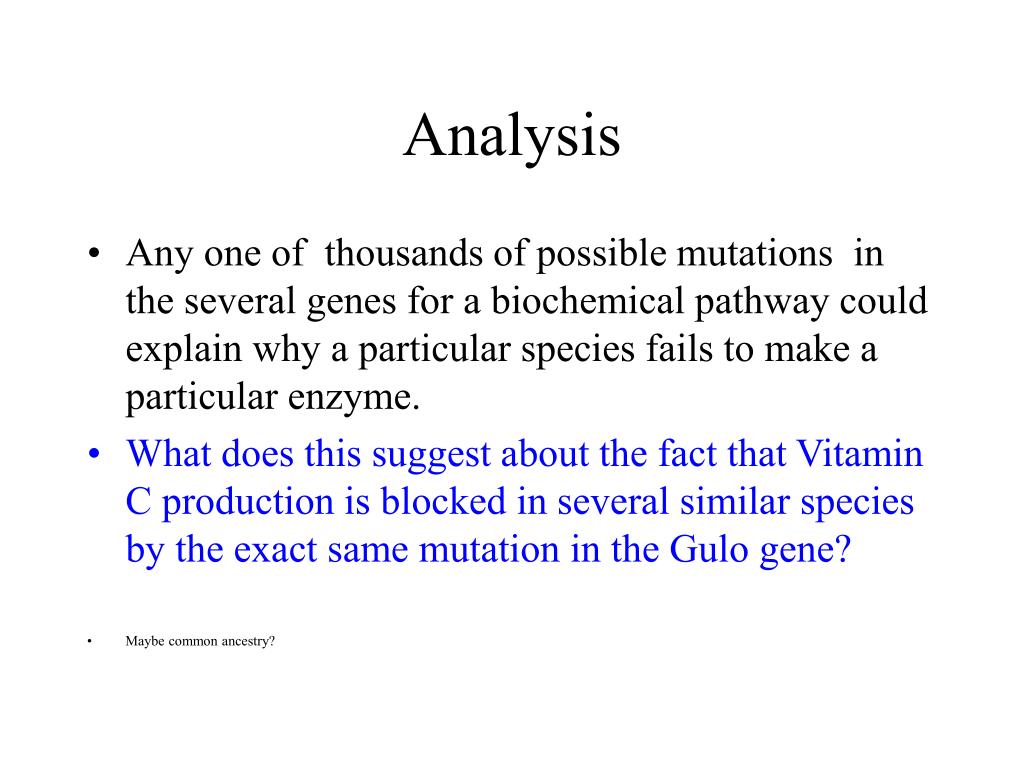
performed indirect Nm analysis of POPGENE ver.

It performs most types of data analysis encountered in population genetics and related fields. More information on past and current research, publications and reprints, and contact information is available on my personal page and those of lab members, which you can access by clicking on the names. In both morphometry and genetic diversity analysis, grouping of. GenoDive was used to computeP-valuesof theFSTestimations without correcting for the presence of potential null alleles.POWSIM (Ryman & Palm, 2006) was used to assess the statistical power for detect-ing population differentiation within the Ouem´eSo River system with the appliedset of markers and sample sizes. The current version of POPGENE is designed specifically for the analysis of co-dominant and dominant markers using haploid and diploid data.
GENODIVE VS POPGENE DOWNLOAD
life history strategies, environmental variation and population dynamics Download POPGENE and 'Quick User Manual' Click on a link below with the right mouse button and Select Save File from the on-screen context menu. Strong genetic structuring of geographically close populations may exist due to physical and climatic barriers (Allendorf et al.The research is strongly oriented towards advancement of both basic scientific understanding as well as options for better conservation of biodiversity and the ecosystems that support it.


Our field research is conducted mostly in fluvial ecosystems (streams, rivers, estuaries) and adopts descriptive, comparative and experimental approaches. Our research is strongly field oriented, with studies conducted at sites throughout Texas, Latin America, Africa, and, more recently, Southeast Asia. The Winemiller Aquatic Ecology Lab investigates fish ecology and evolution, community ecology, and ecosystem ecology in aquatic habitats.


 0 kommentar(er)
0 kommentar(er)
